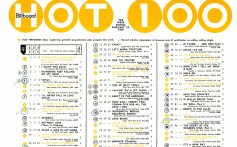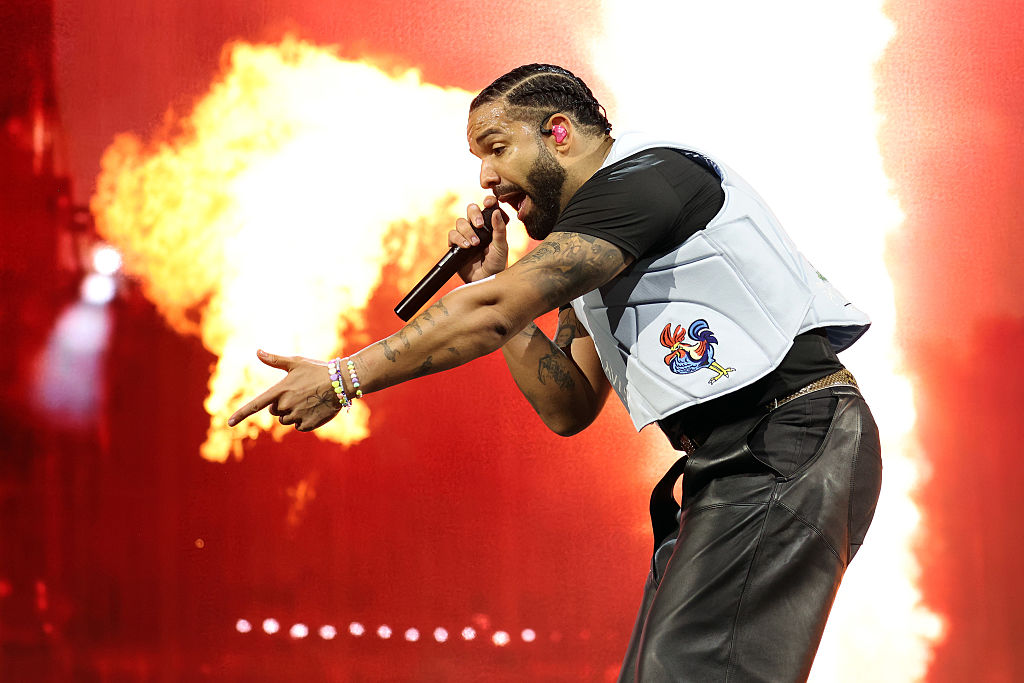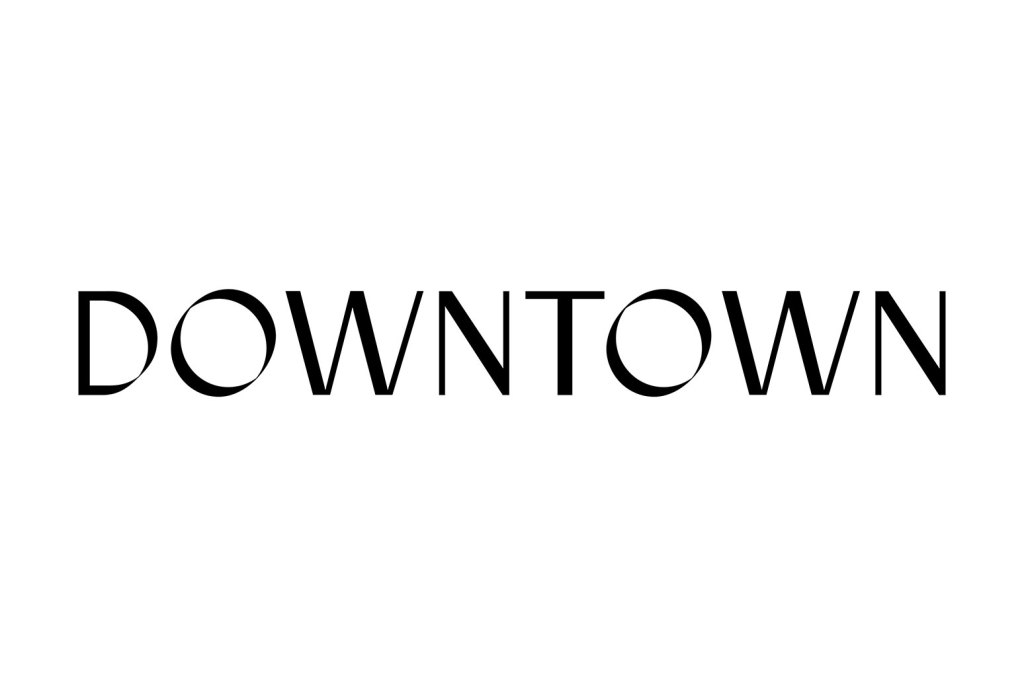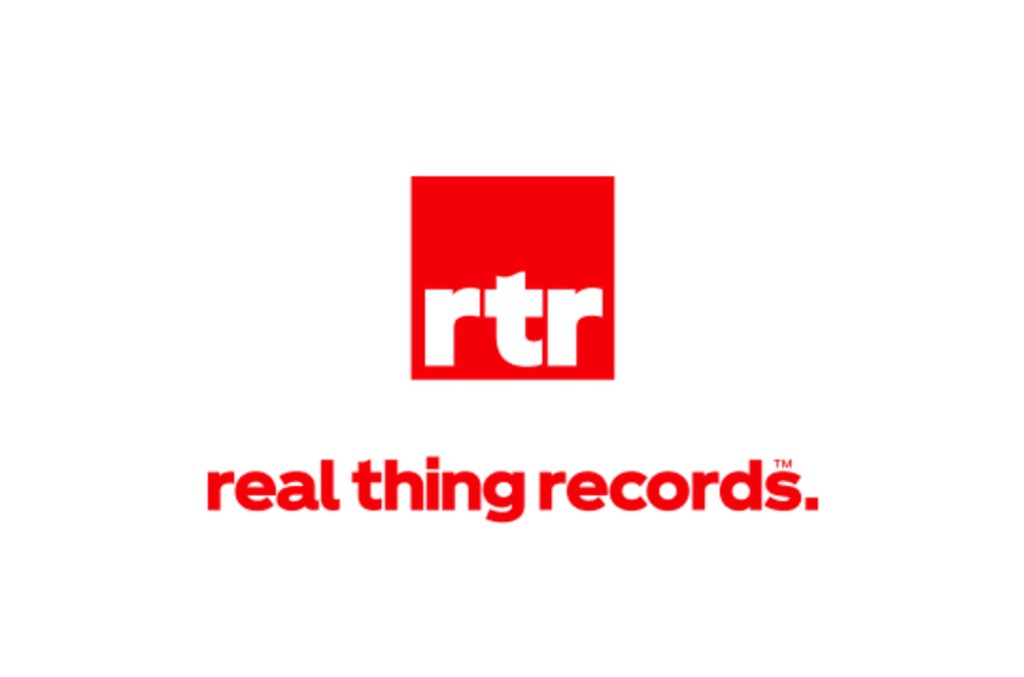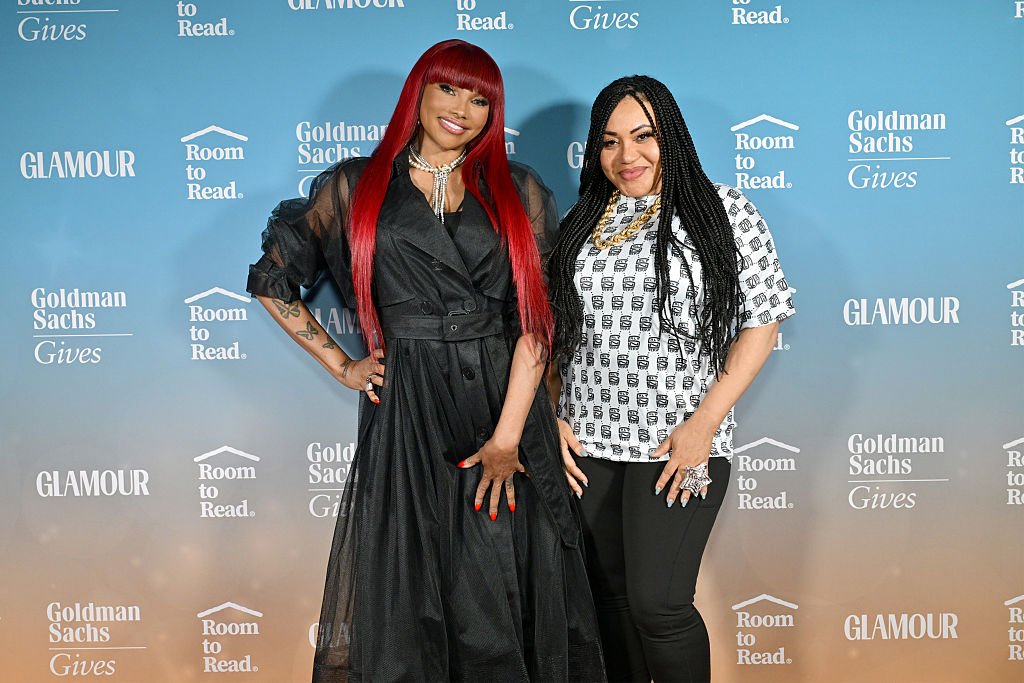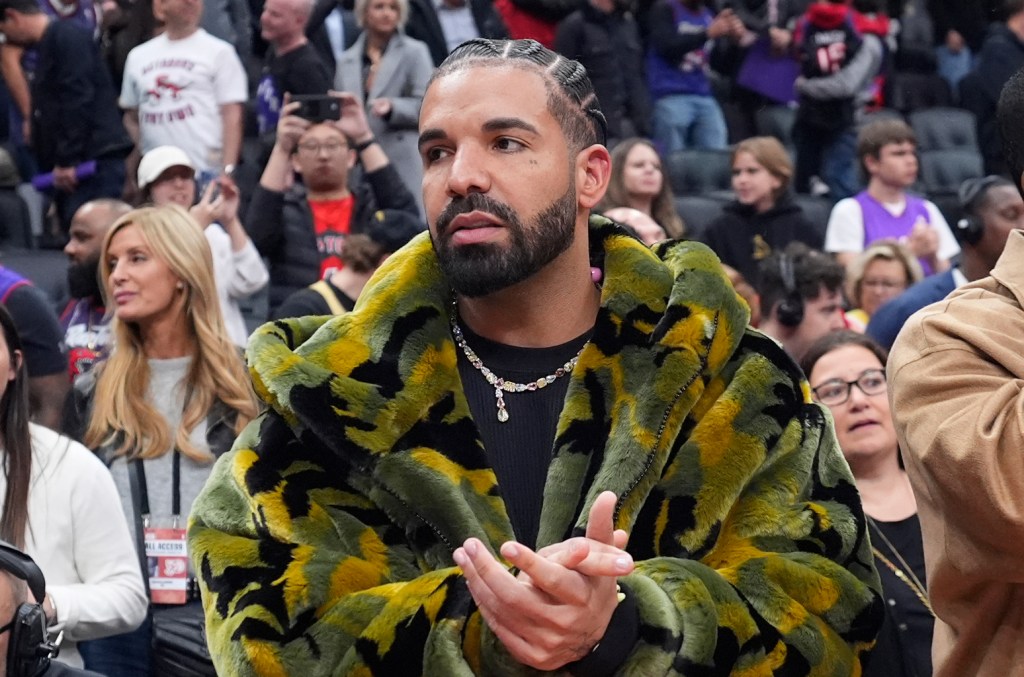umg
Trending on Billboard
The European Commission has formally issued a statement of objections in its ongoing investigation into Universal Music Group’s proposed $775 million acquisition of Downtown Music Holdings. This move, announced late Sunday, signals serious preliminary concerns from the EC, requiring UMG to respond.
The European Commission’s probe, officially launched in July, centers on whether UMG’s acquisition would grant it access to “commercially sensitive data” from rival labels through Downtown’s artist and label (A&L) services, which manage distribution, royalty accounting, and rights management.
Related
As the Commission explained in its new announcement, it is concerned that UMG “may have the ability and incentive to gain access to commercially sensitive data that is stored and processed by Downtown’s Curve, and that such an information advantage would hamper rival labels’ ability and incentive to compete with UMG.”
A statement of objections is a formal notice from the European Commission outlining its concerns in an investigation, giving the company a chance to respond, review the case file, and request an oral hearing, without determining the final outcome.
Downtown operates several platforms widely used by independent labels and artists, including the distribution services FUGA and CD Baby, the royalty accounting platform Curve, and the publishing administration provider Songtrust.
The investigation faced delays in September when the EC paused proceedings after UMG and Virgin failed to provide requested information on time. It resumed on Oct. 17, with a provisional deadline for a final decision set for Feb. 6, 2026.
UMG has maintained that the transaction will benefit artists, labels and the independent music sector in Europe. A company spokesperson told Bloomberg on Monday that UMG is cooperating constructively with regulators and remains confident the deal will go through. The company did not immediately respond to Billboard’s request for comment.
Music groups, including the European independent labels trade body IMPALA, have strongly supported the European Commission’s investigation, warning that UMG’s proposed acquisition could undermine market diversity and fair competition. They argue the deal should be blocked to safeguard smaller labels and indie artists.
In October, industry leaders from Beggars Group, WIM, AIM, Exceleration, Cooking Vinyl and dozens of other labels and organizations launched a campaign called “100 Voices”, emphasizing that the merger “poses a serious threat to competition, diversity, and fair access across the music industry.”
Last week, responding to reports of the Commission’s forthcoming objections, IMPALA issued a statement stressing the global significance of the case: “Competition and diversity in the music market in Europe, and worldwide, depend on the outcome of this decision.”
The EC’s concerns underscore wider questions about data access and growing market concentration in the music sector, positioning this review as a key test of competition policy in an increasingly data-driven music economy.
Trending on Billboard
On the strength of top sellers from the KPop Demon Hunters soundtrack, Sabrina Carpenter and Morgan Wallen, Universal Music Group’s revenue grew 5.3% to 3.02 billion euros ($3.53 billion at the quarter’s average euro-to-dollar exchange rate) in the third quarter of 2025, the company announced Thursday (Oct. 30). In constant currency, which removes the impact of considerable foreign exchange fluctuations since the beginning of the year, UMG’s revenue rose 10.2% in the quarter.
With all three of UMG’s business units posting gains, adjusted earnings before interest, taxes, depreciation and amortization (EBITDA), a common measure of profitability, increased 6.9% (11.6% in constant currency) to 594 million euros ($694 million). Adjusted EBITDA margin — EBITDA as a percentage of revenue — improved to 22.0% from 21.6%.
Related
CEO Lucian Grainge emphasized the company’s long-term value creation and strategic efforts that don’t show up in the financial results. “Importantly, we continued to drive progress on our strategic plans, including our artists’ and songwriters’ creative and commercial success, our global expansion, the industry’s embrace of our responsible AI initiatives and the continued implementation of Streaming 2.0.,” he said in a statement. A day earlier, UMG announced a settlement and licensing agreement with AI music generator Udio. Just hours before earnings were released, UMG trumpeted a partnership with Stability AI to create tools for artists and producers that are powered by “responsibly” trained generative AI.
In the recorded music division, revenue rose 3.6% (8.3% in constant currency) from the prior-year period to 2.22 billion euros ($2.60 billion). Recorded music subscription revenue improved 3.6% (8.7% in constant currency) to 1.52 billion euros ($1.78 billion), in line with the company’s projections of 8% to 10% annual growth. The company said subscription growth came primarily from an increase in the number of global subscribers.
Other streaming revenue, which included ad-supported streaming, fell 4.8% (flat in constant currency) to 337 million euros ($394 million). The company attributed the decline to a shift in streaming activity to poorly monetized short-form videos from more effectively monetized video platforms.
Related
Physical sales jumped 18.4% (23.1% in constant currency) to 341 million euros ($399 million) due to initial shipments of Taylor Swift’s The Life of a Showgirl, which had a street date after the end of the third quarter. Licensing and other revenue improved 0.9% (4.1% in constant currency) to 328 million euros ($383 million). Digital downloads were down 7.1% (unchanged in constant currency) to 39 million euros ($46 million).
Music publishing revenue improved 8.6% (13.6% in constant currency) to 543 million euros ($635 million). Publishing’s digital revenue grew 10.8% (16.8% in constant currency) to 327 million euros ($382 million) due to streaming growth and subscription revenue gains. Performance revenue rose 13.9% (17.3% in constant currency) to 115 million euros ($134 million). Synch revenue fell 1.6% (rose 3.3% in constant currency) to 63 million euros ($74 million). Mechanical royalties were down 7.1% (3.7% in constant currency) to 26 million euros ($30 million).
Merchandising and other revenue grew 9.3% (15.6% in constant currency) to 259 million euros ($303 million). Lower direct-to-consumer sales were more than offset by growth in touring merchandise sales.
Drake is continuing his legal battle with UMG after the lawsuit he brought against the record label over Kendrick Lamar’s “Not Like Us” was dismissed earlier in the month. Filing an appeal this week, Drake aims to get the judge to reinstate the lawsuit, which alleges UMG aided his rival in relaying what his side felt with defamatory claims out to the public, thus damaging his brand.
Music Business Worldwide reports that Drake filed a Notice of Appeal on Wednesday (October 29) in a countering stance against Judge Jeannette Vargas’ October 9 dismissal of the lawsuit. The Canadian superstar alleges that UMG intentionally promoted Lamar’s blistering “Not Like Us” diss track, writing in the complaint that the label pushed the song’s popularity “while knowing that the song’s insinuations that he has sexual relations with minors were false and defamatory.”
Judge Vargas ruled that Lamar’s lyrics, despite the OVO honcho’s insinuation that they were meant to defame him, were essentially stated opinions that were protected instead of facts. Further, the judge said that the case should be examined in full as both gentlemen verbally sparred across with several lines and songs between them.
The filing for appeal is the start of the process, with a full appellate brief filing happening at a later date. There are no new developments as the notice was just filed a day ago, and it will take months for things to move ahead.
—
Photo: Getty
Universal Music Group has formally notified the European Commission of its intent to acquire Downtown Music Holdings for $775 million, triggering a regulatory review. Although the deal falls below the EU’s usual thresholds for antitrust scrutiny, authorities in the Netherlands and Austria referred it to the commission, which now must decide by July 22 whether […]
Karol G and Universal Music Group (UMG) are firing back at a copyright lawsuit over a track from her chart-topping Mañana Será Bonito – including arguing that a producer’s Instagram comment about the alleged similarities was posted “sarcastically” and wasn’t an admission of guilt.
The case, filed earlier this year, claims that the singer (Carolina Giraldo Navarro) and her co-writers stole key elements of her 2022 song “Gatúbela” from an earlier track called “Punto G,” released by producers Ocean Vibes (Jack Hernandez) and Alfr3d Beats (Dick Alfredo Caballero Rodriguez).
But in their first response to the case on Tuesday, Karol G and Universal Music Group flatly denied all of the lawsuit’s allegations. They said a musicologist report cited by the accusers, which claimed the songs were “extremely similar,” was “biased” and “patently improper.”
Trending on Billboard
“Defendants deny that they have interpolated, sampled, used, or copied plaintiffs’ work,” the Colombian star’s lawyers write. They also say they’ll be able to prove that “Gatúbela” was “independently created,” which could mean they have evidence that Karol G’s song was actually created first.
Released in February 2023, Mañana Será Bonito was a critical and commercial success, winning album of the year at the Latin Grammy Awards and reaching No. 1 on the Billboard 200 — the first all-Spanish language album by a woman to do so. “Gatúbela” was a hit in its own right, reaching No. 37 on the Billboard Hot 100 and No. 4 on the Hot Latin Songs chart.
Hernandez and Rodriguez sued in March, claiming they “immediately recognized” the song’s similarities to “Punto G,” which they say was released two months earlier: “By every method of analysis, ‘Gatúbela’ is a forgery.”
In one passage, the lawsuit cited an Instagram exchange in which Alfr3d confronted one of Karol’s producers (DJ Maff) over the alleged similarities. In screenshots in the complaint, Maff responded by commenting “don’t tell anybody,” followed by a laughing emoji. The accusers claimed this meant he had “shockingly admitted” to stealing their song.But in Tuesday’s response, attorneys for Karol G and the other defendants said the Instagram exchange had been taken out of context – and that a joking social media post was hardly an admission of copyright infringement.
“Defendants admit that DJ Maff promoted ‘Gatúbela’ in an Instagram post dated August 26, 2022 and that DJ Maff sarcastically posted the comment appearing in the screen shot,” write Karol’s defense attorneys. “Defendants otherwise deny the allegations contained in paragraph 4 of the Complaint, including Plaintiff’s characterization of DJ Maff’s Instagram comment.”
The case over “Gatúbela” is still in the earliest stages. Karol G and UMG will likely soon file a motion to dismiss the case entirely, after which Hernandez and Rodriguez will respond. The judge will then decide if the case can move forward toward an eventual trial.
In a statement to Billboard, an attorney for the accusers said the complaint filed in March “speaks for itself” and reiterated its allegations: “At the end of the day, we believe that artists and producers should be properly credited with and compensated for the works that they create,” said Chester R. Ostrowski. “That is all plaintiffs are looking for in this case, and they eagerly await their day in court.”
The Coca Cola Company and Universal Music Group have partnered on the launch of a new imprint, Real Thing Records. or rtr.
The venture will focus on signing and developing emerging talent from around the world, with the label focused on all genres. The first signees are French-New Zealand artist Max Allais, who clocked a hit this year with his single “When The Party Ends.”
Real Thing Records. has also signed Indian singer, songwriter and producer, Aksomaniac, whose music fuses jazz, hip-hop and R&B with traditional Carnatic music.
Each new signing will be a joint effort between Real Thing Records. and a Universal Music Group label counterpart in each artist’s respective territory, to provide both local support and global growth. For Allais these frontline labels will be Better Now Records and Universal Music Germany) and for Aksomaniac they will be Def Jam Recordings India/Universal Music India.
“The Coca-Cola Company has a rich legacy, one of deep human connection and cultural resonance—breaking barriers and bringing people together across borders and generations,” says Joshua Burke, The Coca-Cola Company’s global head of music and culture.
Trending on Billboard
“Real Thing Records. is designed to unlock greater potential for artists, fans, and our brands—where creativity fuels growth and the combined power of our network and key global music partners create value greater than the sum of its parts,” Burke continues. “It’s our intention to let artists shine and give them the flexibility to develop their identities with the support of global reach and expertise. It’s a long-term commitment to music—enabling us to reinvest in our programs, champion the next generation of talent, and stay rooted in what matters most: music and fandom.”
This is not the first partnership between The Coca Cola Company and UMG, with UMG also previously serving as the label partner for Coke Studio, an initiative that has recruited superstar artists like Usher, Tyla, Karol G, Peggy Gou and NewJeans to participate in projects like original songs, festival experiences and live performances.
“For years, Universal Music Group and The Coca-Cola Company have shared a belief in the power of music to spark connection and shape meaningful experiences,” says Universal Music Group for Brands executive vice president Richard Yaffa. “With the launch of Real Thing Records., we are taking that vision further – joining forces to build a modern label that champions artistry and amplifies emerging voices on global and local stages, while giving fans the cultural moments they crave.
“Both companies recognize the long-term value of investing in artistic innovation,” Yaffa continues, “and our past work together has consistently demonstrated how music can move people and create lasting impact. The evolution and continued success of our several collaborations stands as a testament to what’s possible when we align creativity with cultural relevance.”
Music Corporation of America (MCA) has promoted Rob Femia to chief operating officer, adding COO to his duties as executive vp of business and legal affairs. The label group’s imprints include EMI Records Nashville, Lucille Records, Mercury Nashville and MCA Nashville, representing artists including Eric Church, Keith Urban, Carrie Underwood, Chris Stapleton, Dierks Bentley, Alan […]
Salt-N-Pepa, the legendary Hip-Hop group that amassed several hit songs in the 1980s through the 1990s, is currently fighting for the rights to their master recordings. Salt-N-Pepa filed a lawsuit against Universal Music Group (UMG), claiming that the label is violating copyright law by not giving the rights back to the group.
The Associated Press reports that Salt-N-Pepa, separately known as Cheryl “Salt” James and Sandra “Pepa” Denton, are angling to see the master recordings of their previously released material returned to them, especially as their music has viability in today’s market. Adding to this, many legacy acts are cashing via the ownership of their catalogs.
James and Denton asserted in their filing that they have rights to their music due to the Copyright Act of 1976, which allows artists to do away with previously signed deals and reclaim their master recordings.
This has been an ongoing fight for years after Salt-N-Pepa attempted to regain their master recordings but were rebuffed by UMG. The legal back and forth between the group and the label sparked UMG to remove its musical catalog from DSPs.
“UMG has indicated that it will hold Plaintiffs’ rights hostage even if it means tanking the value of Plaintiffs’ music catalogue and depriving their fans of access to their work,” a portion of the lawsuit read.
Salt-N-Pepa made their debut in 1986 with their album Hot, Cool & Vicious, produced by Hurby “Luv Bug” Azor. The group is also hoping to obtain the rights back to tracks like “Push It,” a song that has been used in movies and commercials several times since its release.
—
Photo: Getty
HipHopWired Featured Video
Universal Music Group has announced the expansion of two of its most storied labels — Deutsche Grammophon and Blue Note Records — into greater China, marking a significant move to tap into the country’s rapidly growing classical and jazz music scenes.
“At UMG, we are committed to supporting the development of diverse music cultures around the world,” said Adam Granite, UMG’s executive vice president of market development. “The launch of Deutsche Grammophon China and Blue Note Records China reflects this vision in action and marks a meaningful step forward in the evolution of our multi-label operations in the market.”
Announced at an event in Shanghai this week, Deutsche Grammophon China will focus on discovering and promoting new classical talent across China, plus provide artists with access to UMG’s global resources, including recording, international promotion and touring. Chinese musicians Lang Lang, Yuja Wang and Long Yu will serve as artistic advisors, guiding the label’s artistic direction.
Trending on Billboard
DG China’s debut release, Bach: The Cello Suites by acclaimed cellist Jian Wang, is set for May 23. Additionally, DG China will collaborate with the Shanghai Symphony Orchestra to record and release the complete Shostakovich Symphonies by 2029, celebrating the orchestra’s 150th anniversary.
Dr. Clemens Trautmann, president of Deutsche Grammophon, highlighted the label’s growing presence in China over the past decade and noted that the partnership with Blue Note and the involvement of international artists underscore UMG’s global reach and creative ambition. “We are proud to co-invest in the future generation of outstanding classical performers from Greater China, together with our esteemed colleagues at UMGC to foster the success of amazing new talent across recording, touring and brand partnerships,” Trautmann said.
Stacy Yang, Timothy Xu, Dr Clemens Trautmann and Adam Granite in Shanghai.
Courtesy Photo
Blue Note Records China is set to champion original jazz talent within the country, beginning with its inaugural signing: INNOUT, an avant-garde duo known for fusing improvisation, modern jazz, and experimental soundscapes. This partnership underscores the label’s commitment to bold, boundary-defying artistry.
BNRC is also partnering with JZ Music, a key player in China’s jazz scene, to promote live performances, tours, and festivals.
Don Was, president of Blue Note Records, praised INNOUT’s visionary talent and expressed excitement about launching the label’s Chinese chapter with their music. “Xiao Jun and An Yu are two of the most talented and visionary musicians I’ve ever met,” Was said. “Their music is going to ‘blow people’s minds’ all over the world. It’s a thrill and an honor to be able to launch Blue Note Records China with their music.”
A group of legal scholars say Drake’s lawsuit against Universal Music Group over Kendrick Lamar’s “Not Like Us” is “dangerous” because it will have a “chilling effect” on hip-hop and encourage prosecutors to use rap lyrics as evidence in criminal cases.
Filed in January, Drake’s case claims that UMG defamed him by releasing Lamar’s scathing diss track, which tarred the Canadian rapper as a “certified pedophile.” He says that millions of people took that lyric literally, severely harming his reputation.
But in a legal brief filed in the case on Wednesday, a group of professors from the University of California, Irvine School of Law say that Drake’s argument is “not just faulty—it is dangerous.”
Trending on Billboard
“Drake’s complaint rests on the assumption that every word of ‘Not Like Us’ should be taken literally, as a factual representation,” professors Charis E. Kubrin, Jack Lerner, Adam Dunbar and Kyle Winnen write in the court filing. “[We] urge this court to recognize the danger that assumption poses.”
Diss track lyrics are a creative artform that are understood by listeners not as “factual arguments or a series of news reports,” the professors write, but as “hyperbole, bluster, and demonstrations of disrespect” that are “designed to entertain and impress their audience.”
The professors warn that the consequences of endorsing Drake’s literal interpretation of Kendrick’s lyrics would extend far beyond his case – including to the long-controversial practice of using lyrics as evidence in criminal cases against rappers.
“When courts ignore rap music’s history and artistic conventions, the effect is to deny rap the status of art and instead to flatten lyrics into literal confessions or statements of specific intent,” write the UCI professors. “This problematic treatment has introduced racial bias and unfair prejudice in countless criminal cases [and] has created a demonstrable chilling effect across the industry.”
The use of rap music as criminal evidence has been widely criticized, both because it threatens the right to free speech and can sway jurors by tapping into racial bias. One empirical study – authored by Kubrin and Dunbar – found that listeners who viewed violent song lyrics responded more negatively if they believed they came from a rap track than if they were told the exact same lyrics came from a country or heavy metal song.
Over the past few years, the practice has drawn backlash from the music industry and led to efforts by lawmakers to stop it, including a landmark California statute. But it has persisted in high-profile instances – including Young Thug’s gang case in Atlanta and briefly in Lil Durk’s federal murder-for-hire case.
Moving to dismiss Drake’s lawsuit, UMG has argued that Lamar’s lyrics are “rhetorical hyperbole” — the kind of statement that might sound bad but cannot actually be proven false. Since defamation only covers false assertions of fact, statements of hyperbole can’t form the basis for such cases.
In making that argument, UMG has pointed to Drake’s own public support for a 2022 petition criticizing prosecutors for using rap lyrics as evidence in criminal cases. That letter, also signed by Megan Thee Stallion, 21 Savage and many other stars, criticized prosecutors for treating lyrics as literal statements of fact.
“As Drake recognized, when it comes to rap, ‘the final work is a product of the artist’s vision and imagination,’” UMG’s lawyers write. “Drake was right then and is wrong now.”
A rep for Drake’s legal team did not immediately return a request for comment on the arguments made by the professors.

 State Champ Radio
State Champ Radio 
